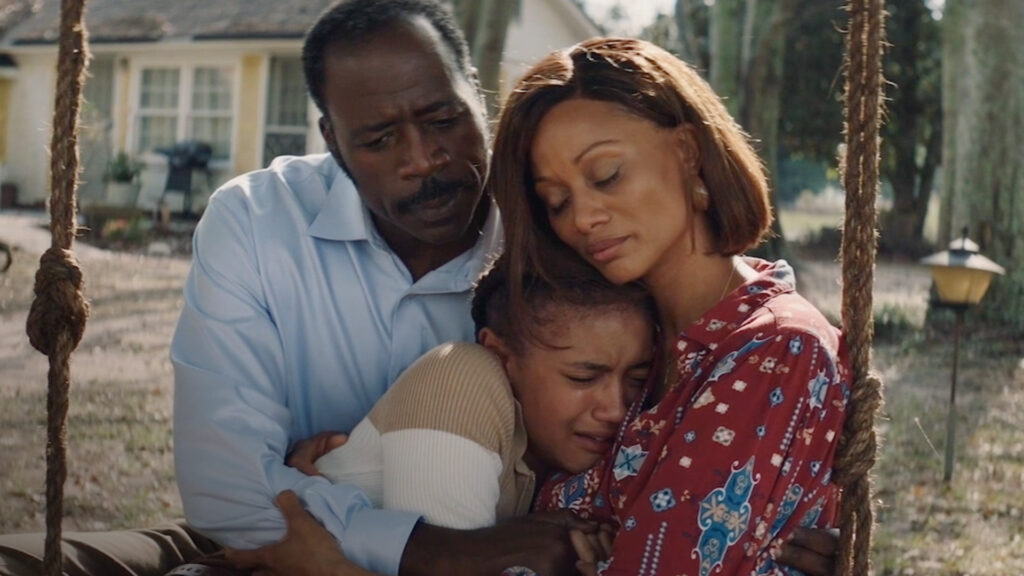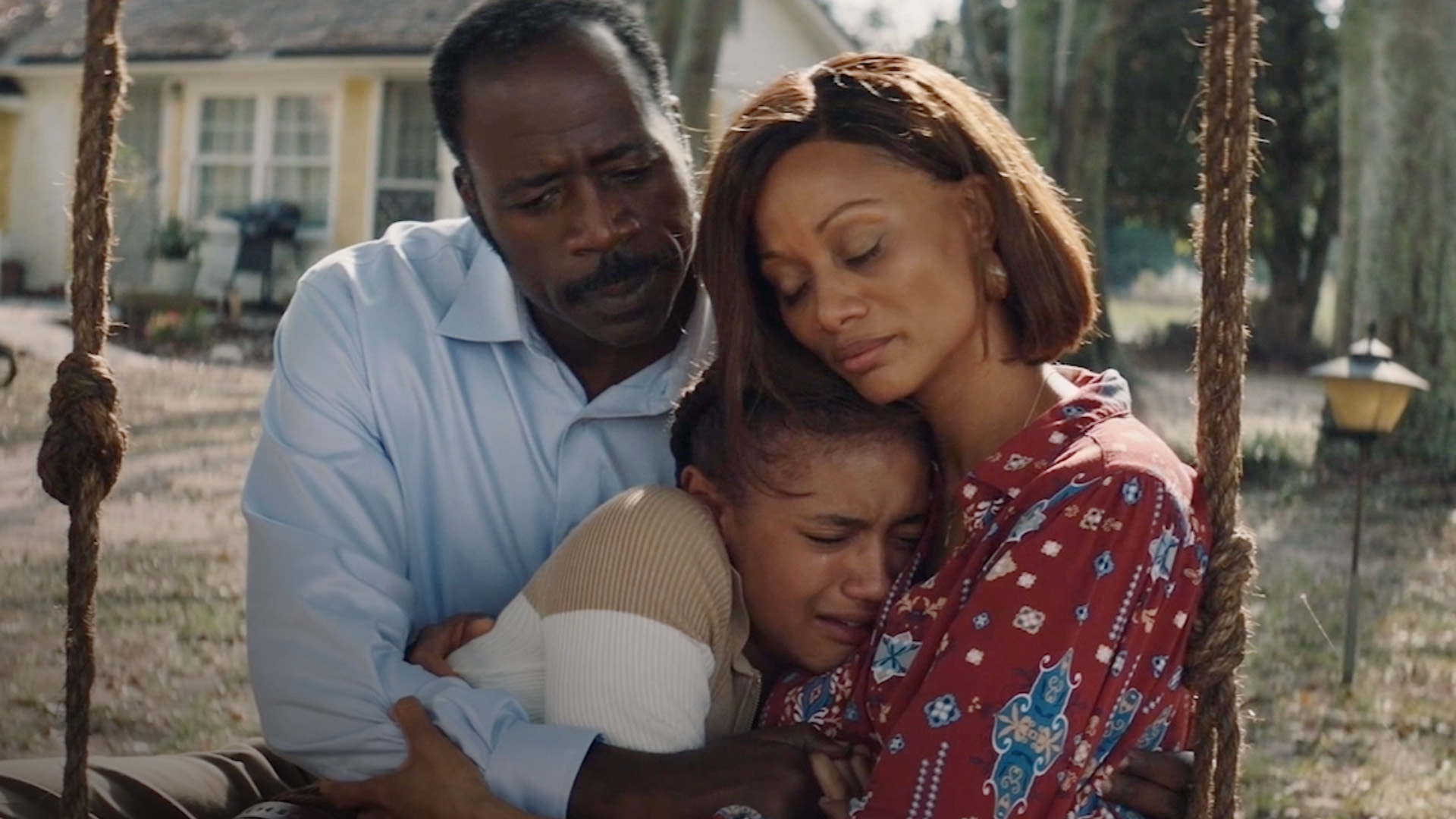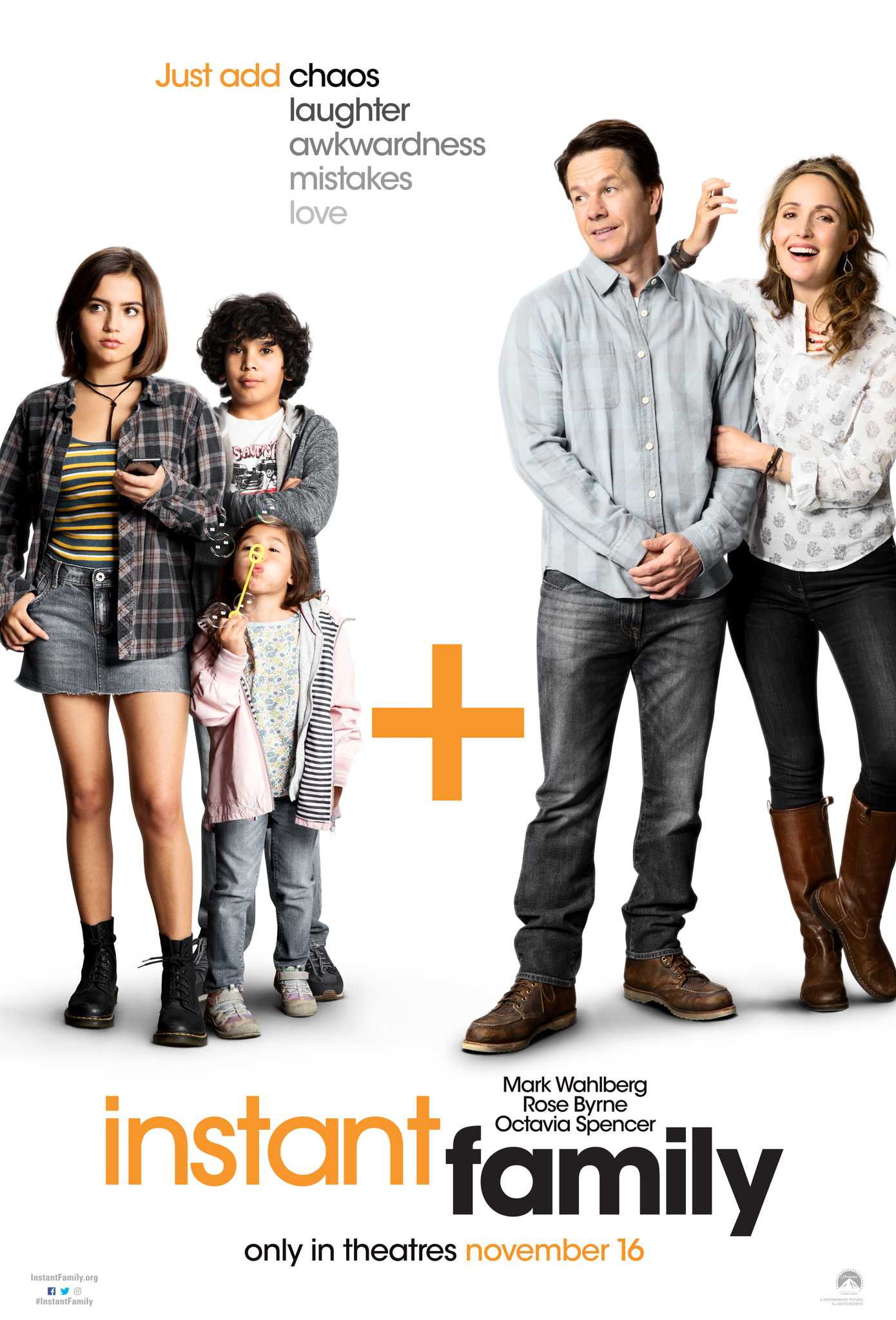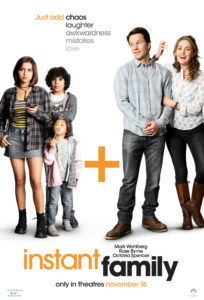Sound of Hope: The Story of Possum Trot
Posted on July 3, 2024 at 9:00 am
B| Lowest Recommended Age: | High School |
| MPAA Rating: | Rated PG-13 for thematic material involving child abuse, some violence, language and brief suggestive material |
| Profanity: | Some strong language |
| Alcohol/ Drugs: | References to addiction and forcing a child to smoke and drink |
| Violence/ Scariness: | References to child abuse, depiction of spousal abuse, offscreen gunshots |
| Diversity Issues: | None |
| Date Released to Theaters: | July 4, 2024 |

The members of a church in a tiny Texas town called Possum Trot (population around 700) decided they would adopt every child available for adoption in the local foster care system. Led by Bishop W.C. Martin and his wife, Donna, known as the First Lady, 22 families adopted 77 children. The story was featured in People Magazine and on Oprah, and it is now a faith-based feature film, with footage at the end showing the real-life characters (the children in the story have grown up and many have children of their own), and with W.C. and Donna Martin urging the audience to take in the 100,000 children currently waiting to be adopted.
As you might expect, it is preachy. But it is genuinely inspiring to see faith put into action with open-hearted generosity and empathy. As you also might expect for a movie about children who have been abused finding unconditional love and home, it is also very touching. “Euphoria’s” Nika King is luminous as First Lady Donna, whose faith is unwavering. She is the heart of the film, and her scenes with the traumatized children she refuses to give up on are heartwarming.
The Martins and their church are the center of the small community, mostly middle-class Black families, though with around 15 percent living below the poverty line. Donna feels content and fully occupied as the mother of two children, one with special needs, and her work with the church. When her adored mother died, though, she was devastated. As she mourned the idea of adopting children from the foster system came to her and her husband, initially reluctant, became just as committed.
They developed a close friendship with Susan Ramsey (Elizabeth Mitchell), the social worker in charge of placing children in the foster system. At first, she believes that the Martins are not prepared for what they have ahead of them. But as she sees how patient and committed they are, she is persuaded to work with the members of the church.
She warns them, though, not to try to take Terri (Diaana Babnicova), an angry and disturbed 12-year-old who was horrifically abused by her drug-addicted mother. The First Lady insists. Terri tests the Martins more than they ever anticipated. But as the First Lady says, God does not promise you will be free of trouble, only that He will be there with you.
Angel Studios, joining here with ultra-conservative Daily Wire, tries hard to make faith-based movies that meet the highest standards of mainstream theatrical releases in production qualities: actors, screenplay, cinematography, music, editing. This is not a great film by any standard. It never allows its characters to question their faith or even lose patience under the most stressful conditions. It glosses over the challenges of raising severely traumatized children and the professional support they need to process abuse, abandonment, and betrayal. But it is a sincere, thoughtful effort that could get an audience beyond the core faith community.
Parents should know that this film portrays some scenes of domestic abuse and includes references to physical and emotional abuse include rape and murder of children.
Family discussion: Why did the Martins want to take the children no one else wanted? Why was it hard for Terri to trust them? What made her change her mind? What can you do to help?
If you like this, try: “Room for One More” with Cary Grant, also based on the true story of adoptive parents.



